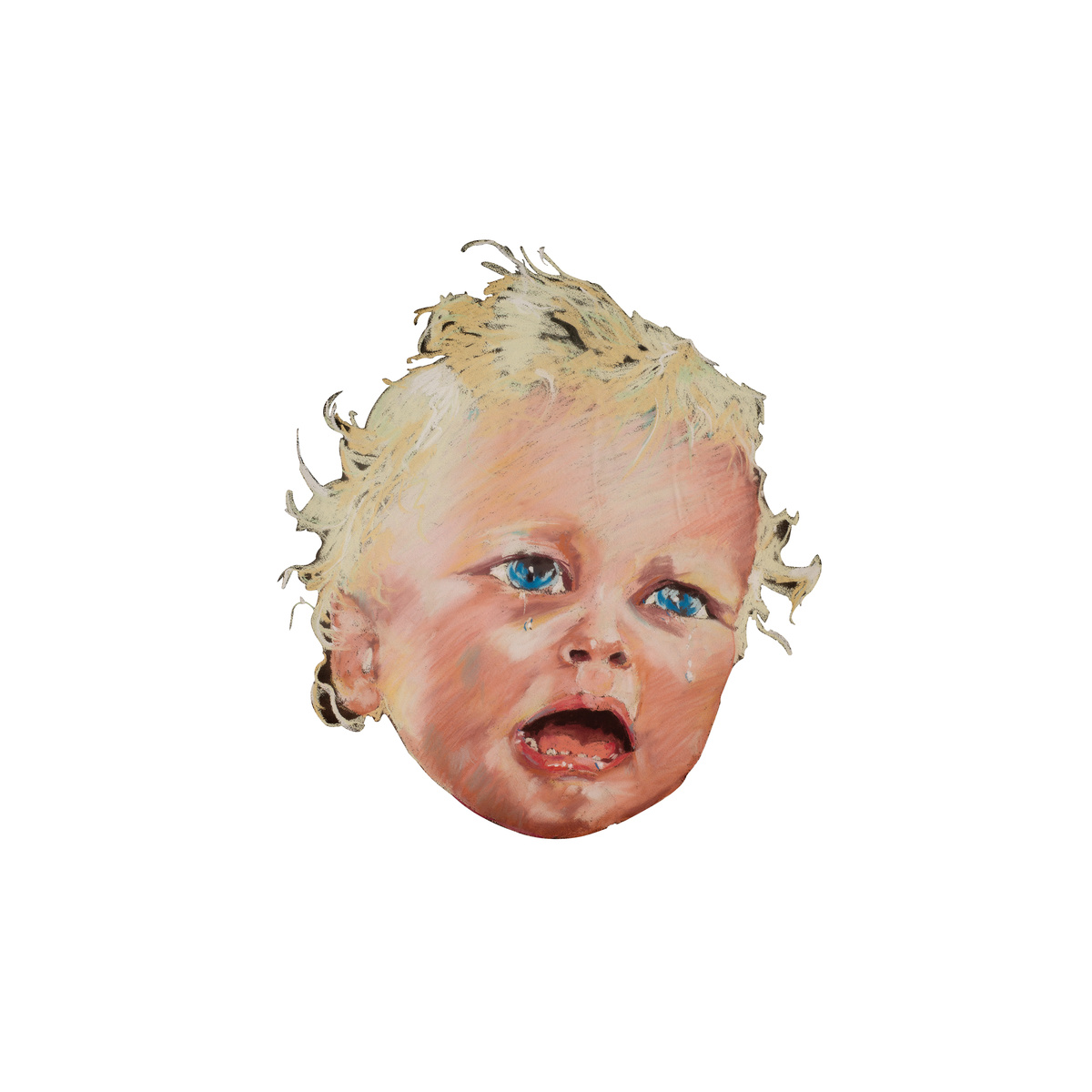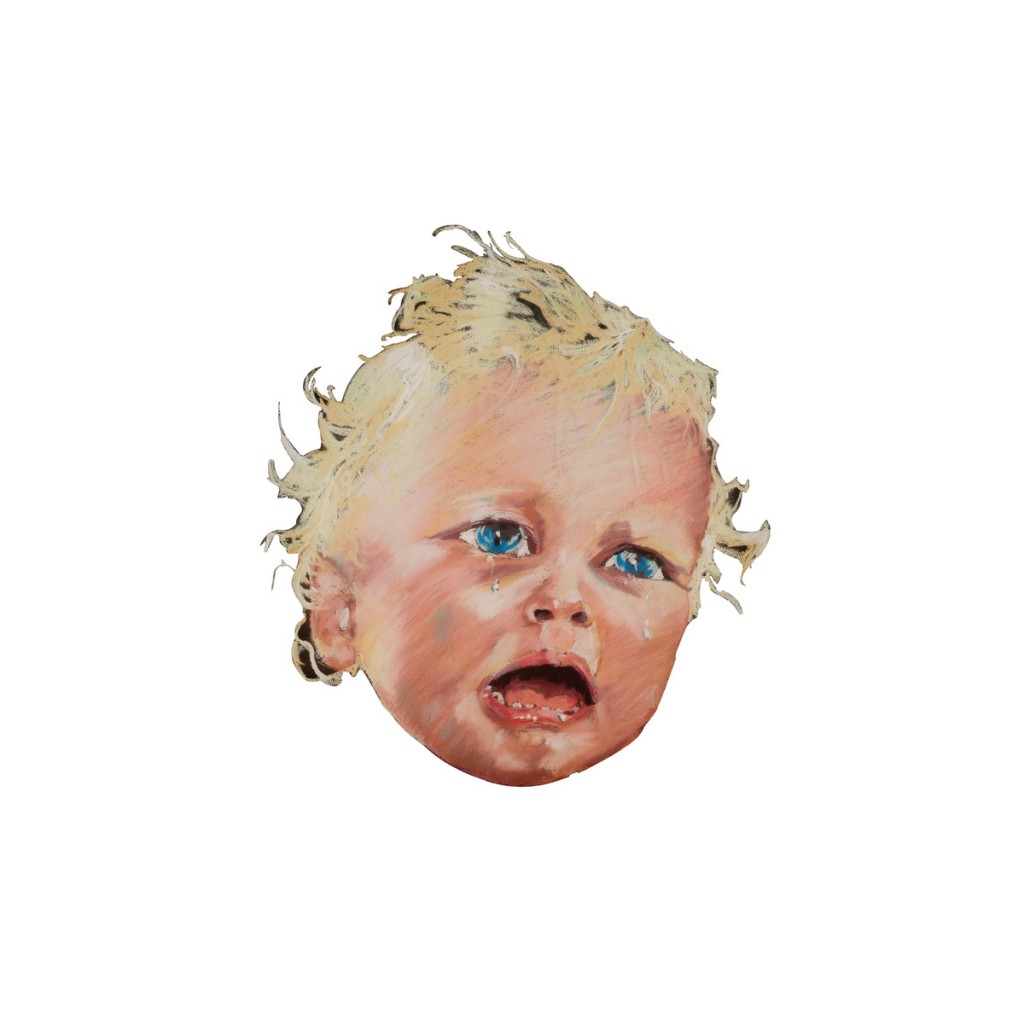By Kodie Cherrille (The Cascade) – Email
Print Edition: July 15, 2014
With the release of To Be Kind, Swans have three studio albums running past two hours, and it is further proof that the band works best when they indulge. And like Soundtracks for the Blind and The Seer, To Be Kind stands out among a colourful discography as a titanic work of art that is nothing less than a dense and ferocious singularity.
To Be Kind preserves Swans’ penchant for rampant experimentation while also boasting some of their most immediate melodies. Many of the songs here have very minimal, bluesy foundations, upon which the band pile one terse melody after another until a final element simultaneously links the music together and threatens to blow the whole show apart (opener “Screen Shot”). At other times, they preserve the looseness of the first skeletal riff, adding reverb-soaked slide guitars and low-key synthesizers to singer / guitarist Michael Gira’s fascinating and terrifying vocal delivery (“Just a Little Boy [For Chester Burnett]”).
For the most part, Gira doesn’t tell stories — rather, he typically has a handful of phrases that contribute to the song’s themes, which repeat with over-boiling intensity. He is a violent evangelist preaching an ecstasy that must be attained by any means, no matter how terrifying he has to make his music. In “A Little God in My Hands,” over a filthy bass line and fucking heavy drums, Gira summons “the universal mind” — and it arrives in the form of a massive, out-of-nowhere blast of white noise that engulfs everything for 20 seconds. It will make you jump when you hear it the first time. And then as suddenly as it arrives, the blast disappears and the main riff returns, this time accompanied with a haunted music box of acoustic guitars and piano that linger on the edges of the mix. When Gira summons the universal mind again, the blast of noise finishes its job and completely obliterates the song.
And then there’s the 34-minute centrepiece, “Bring the Sun / Toussaint L’Ouverture.” It is a multi-part sprawl that allows the band to sketch absurdly cathartic peaks and tense, ambient valleys; to do it true justice here would be to write an entirely new album review for it. It begins with bludgeoning: wave after wave of huge guitars relentlessly playing the same note for two-and-a-half minutes.
After sufficiently conveying obliteration to their satisfaction, “Bring the Sun” begins in earnest. It’s a chant in three-four, with Gira and a choir (St. Vincent’s in there somewhere; she’s in a few other songs as well) taking turns belting out the title of the song, working up into a communal frenzy until Gira is screaming his lungs out and the band wailing with all they’ve got. In between “Sun” and “Toussaint L’Ouverture” is an ambient period that steadily unfurls into washes of dissonance, with the sounds of hacksaws and frightened horses stomping into the mix. Whereas “Sun” is a band affair, “Toussaint” is completely Gira’s show, and over a tense melodic backdrop he howls to a lunatic freedom. Michael Gira has been making music for 30 years, and never has he sounded as frenzied as he does here.
After the plus-half hour of unrelenting intensity, “Some Things We Do” closes the first half of the album with a poem of sorts: a list of one-word verbs that human beings get up to over staccato plucking on contrabass and violins. There’s a lot of regret, fucking, and ultimately love.
As fantastic and daring as this first half of the album is, the second half is where Swans truly shine. There is an emotive momentum that propels this half, and it starts with the best song on the album, “She Loves Us!” It follows the formula of “Screen Shot,” with the band swirling around an incessant, dirty riff — that is, until the song disintegrates: the riff peters off, e-bowed guitars dive-bomb, the drummer’s alternating between waves of crash cymbals and sudden stops, and what the fuck is that bassist doing? The band picks up the pieces after a few minutes, though, and turns into a driving, groovy jam.
The following song, “Kirsten Supine” — inspired by Kirsten Dunst’s character in the film Melancholia – provides gentle respite from the noise, until Gira proclaims “may planets crash / may God rain ash / to seal our skin / to fold us in,” and then soundtracks that proclamation with a slow, apocalyptic waltz. This is followed by the careening, dissonant “Oxygen,” which memorably halts as Gira screams “feed me now.” Closer “To Be Kind” follows the same trajectory as “Supine,” but compresses the destruction into momentary bursts that finally quiet the album.
Swans do everything in their power to reach as intense a catharsis as possible. They don’t care that they are playing the same riff for eight minutes or that their music might be scary. Beyond the darkness and strangeness, there’s the force of a band working itself up like no other band, doing everything in their power to blow away the pretenses of sound, to find the underlying ecstasy in noise. It is a sadistic kindness these Swans profess.


